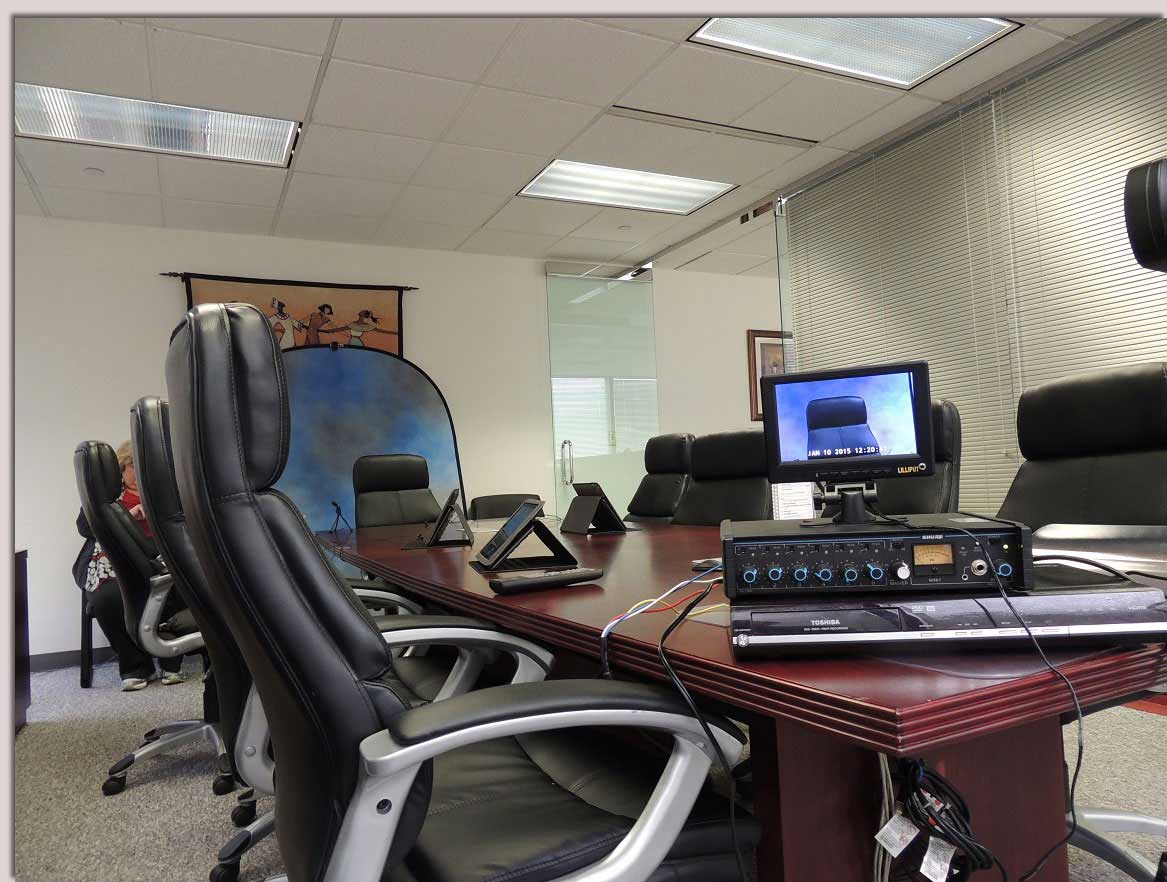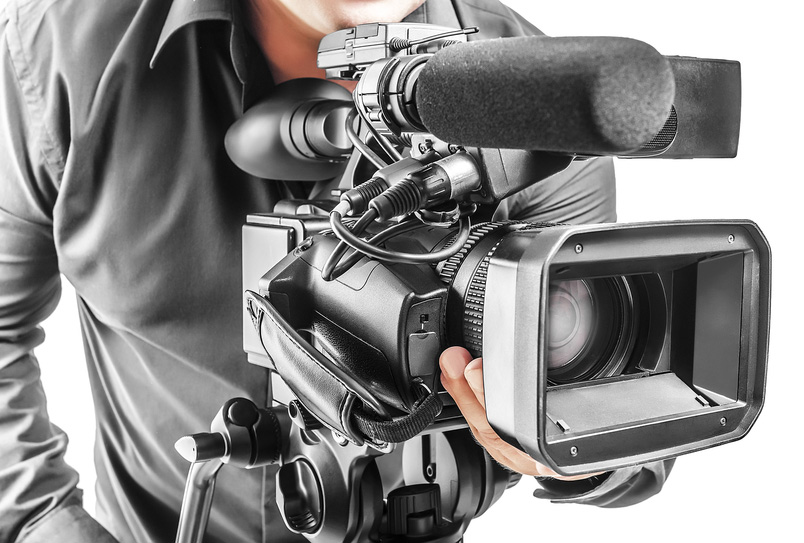Accurate Legal Videography to Enhance Evidence Presentations.
Accurate Legal Videography to Enhance Evidence Presentations.
Blog Article
The Duty of Lawful Videography in Depositions and Tests
Lawful videography has actually emerged as a vital tool in both depositions and tests, giving a diverse strategy to documenting witness testaments. As lawful experts significantly acknowledge its value, it triggers a deeper assessment of just how these aesthetic records can influence juror assumptions and trial outcomes.
Relevance of Lawful Videography
Legal videography plays a pivotal function in the documentation and presentation of depositions and tests. This specialized area incorporates technological skills with legal expertise to produce a trusted record of process that can dramatically influence situation outcomes. The aesthetic aspect of lawful videography enhances the understanding of witness statement, permitting jurors and courts to observe not only the talked words however also the disposition, emotions, and body movement of the witnesses.

The relevance of lawful videography prolongs past the court room; it also plays a vital duty in preserving evidence for future recommendation, whether for charms or additional lawsuit. As such, its assimilation into the lawful process is crucial for ensuring a reasonable and accurate representation of the truths, inevitably adding to the pursuit of justice.

Process of Legal Videography
While catching the nuances of depositions and trials, the procedure of lawful videography involves numerous crucial steps that ensure high-quality, accurate recordings. A specialist lawful videographer prepares by reviewing the situation materials and recognizing the specific demands of the deposition or test. This prep work consists of familiarizing themselves with the individuals and the context, which aids in catching significant information.
On the day of the recording, the videographer establishes the required equipment, which normally consists of high-definition video cameras, microphones, and proper illumination. Making certain ideal angles and audio top quality is crucial, as it straight affects the performance of the recording. The videographer connects with lawyers and individuals to develop methods, ensuring that everyone recognizes the recording process.
During the deposition or test, the videographer diligently videotapes the procedures, paying close focus to both spoken and non-verbal cues. legal videography. This consists of catching the demeanor and responses of witnesses and attorneys. After the session wraps up, the videographer may edit the video for quality and conformity with legal requirements, producing a final item that accurately shows the procedures for future referral and usage in lawful contexts
Advantages in Depositions
The unification of videography in depositions provides numerous advantages that enhance the total process get more of collecting evidence. One main advantage is the ability to record witness testimonies with visual and auditory fidelity, supplying a much more precise representation of the witness's temperament, tone, and body language. This multidimensional approach enables attorneys see here and juries to assess credibility better than conventional written records alone.
Furthermore, videographed depositions act as an effective device for maintaining testimony. Must a witness ended up being unavailable for trial, their videotaped deposition can be played in court, guaranteeing that their evidence stays available and appropriate. This aspect substantially reduces the risk of shedding important information that could influence situation outcomes.
Furthermore, the use of legal videography advertises better prep work for attorneys. Examining video clip footage allows lawful teams to assess and improve their techniques, identifying toughness and weak points in their cases. This preparatory advantage can lead to more engaging presentations in court.
Lastly, videography boosts the general professionalism and trust of the deposition process, instilling self-confidence in clients pertaining to the thoroughness of their legal depiction. By leveraging technology, legal experts can significantly boost the performance you can try this out of depositions.
Effect On Tests
In several trials, the combination of videography can considerably influence the discussion of evidence and the jury's perception. Legal videography captures witness statements and essential proof in a vibrant format, enabling jurors to engage with the material on several degrees. This aesthetic part improves the storytelling facet of a trial, providing context and psychological resonance that conventional text-based proof may lack.
Additionally, video clip recordings can function as effective devices for impeachment during cross-examination. When disparities develop between a witness's previous statements and their courtroom testament, video proof gives an objective reference that can guide jurors' point of views. This immediacy and quality can bolster the reputation of an event's narrative while all at once undermining opposing disagreements.
Furthermore, the use of videography can help streamline intricate details, making it much more obtainable to jurors that might have a hard time to grasp complex information presented only through spoken testament. By incorporating visuals with acoustic information, lawful videography can enhance retention and understanding, eventually influencing the jury's decision-making procedure. Therefore, the effect of videography in tests extends beyond plain aesthetic appeals; it plays a crucial role in shaping the lawful landscape and end results.
Future Trends in Legal Videography
As we look towards the future of legal videography, several emerging fads assure to reshape its function within the court room. One considerable trend is the combination of expert system (AI) in video clip analysis and editing and enhancing - legal videography. AI can streamline the process of determining key minutes in recorded depositions, allowing attorneys to quickly access pertinent material, therefore boosting efficiency in instance preparation
Additionally, the increase of digital reality (VR) and increased truth (AR) technologies is anticipated to transform exactly how jurors experience proof. By immersing jurors in a substitute environment, these innovations can provide an extra profound understanding of complicated scenarios, resulting in more educated considerations.

In addition, the increasing need for remote depositions, accelerated by the COVID-19 pandemic, will likely continue. Legal videographers will certainly require to adjust to new software program and platforms to make sure premium recordings in digital settings.
Lastly, the expanding focus on information safety will certainly require stricter methods for saving and sharing video evidence. As the legal landscape advances, legal videographers have to stay abreast of these trends to keep their significance and performance in the judicial procedure.

Conclusion
In summary, legal videography serves a critical feature in the judicial procedure, enhancing the stability of depositions and tests. As modern technology proceeds to evolve, legal videography is poised to additional change its function within the lawful landscape.
Report this page